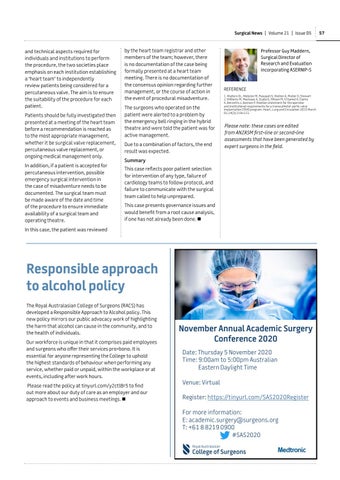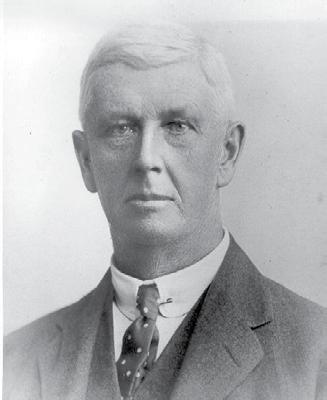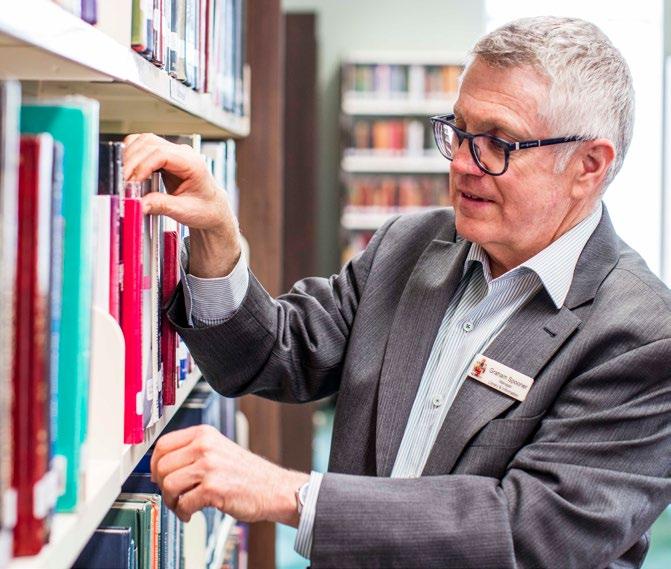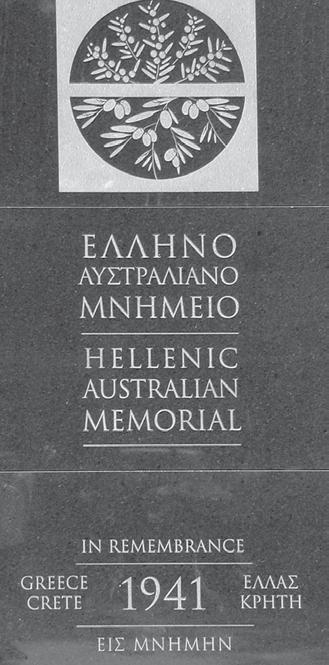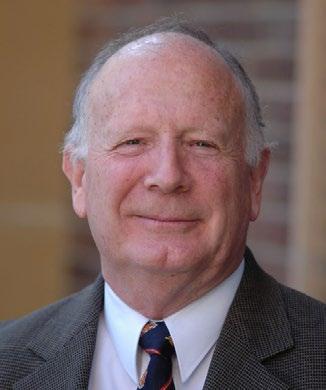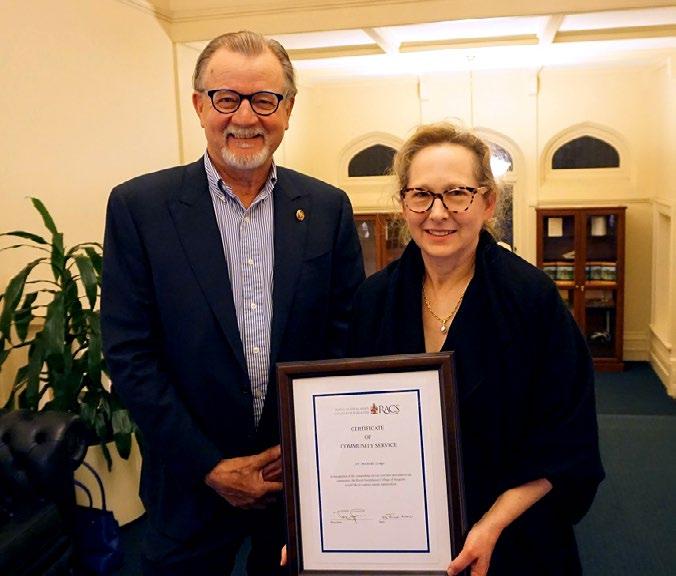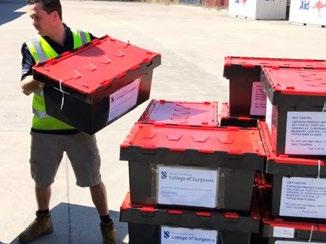Surgical News | Volume 21 | Issue 05
and technical aspects required for individuals and institutions to perform the procedure, the two societies place emphasis on each institution establishing a ‘heart team’ to independently review patients being considered for a percutaneous valve. The aim is to ensure the suitability of the procedure for each patient. Patients should be fully investigated then presented at a meeting of the heart team before a recommendation is reached as to the most appropriate management, whether it be surgical valve replacement, percutaneous valve replacement, or ongoing medical management only. In addition, if a patient is accepted for percutaneous intervention, possible emergency surgical intervention in the case of misadventure needs to be documented. The surgical team must be made aware of the date and time of the procedure to ensure immediate availability of a surgical team and operating theatre.
by the heart team registrar and other members of the team; however, there is no documentation of the case being formally presented at a heart team meeting. There is no documentation of the consensus opinion regarding further management, or the course of action in the event of procedural misadventure. The surgeons who operated on the patient were alerted to a problem by the emergency bell ringing in the hybrid theatre and were told the patient was for active management. Due to a combination of factors, the end result was expected.
Professor Guy Maddern, Surgical Director of Research and Evaluation incorporating ASERNIP-S
REFERENCE 1. Walters DL, Webster M, Pasupati S, Walton A, Muller D, Stewart J, Williams M, MacIsaac A, Scalia G, Wilson M, El Gamel A, Clarke A, Bennetts J, Bannon P. Position statement for the operator and institutional requirements for a transcatheter aortic valve implantation (TAVI) program. Heart, Lung and Circulation 2015 March 01;24(3):219–223.
Please note: these cases are edited from ANZASM first-line or second-line assessments that have been generated by expert surgeons in the field.
Summary This case reflects poor patient selection for intervention of any type, failure of cardiology teams to follow protocol, and failure to communicate with the surgical team called to help unprepared. This case presents governance issues and would benefit from a root cause analysis, if one has not already been done.
In this case, the patient was reviewed
Responsible approach to alcohol policy The Royal Australasian College of Surgeons (RACS) has developed a Responsible Approach to Alcohol policy. This new policy mirrors our public advocacy work of highlighting the harm that alcohol can cause in the community, and to the health of individuals. Our workforce is unique in that it comprises paid employees and surgeons who offer their services pro-bono. It is essential for anyone representing the College to uphold the highest standards of behaviour when performing any service, whether paid or unpaid, within the workplace or at events, including after work hours. Please read the policy at tinyurl.com/y2ctl8r5 to find out more about our duty of care as an employer and our approach to events and business meetings.
November Annual Academic Surgery Conference 2020 Date: Thursday 5 November 2020 Time: 9:00am to 5:00pm Australian Eastern Daylight Time Venue: Virtual Register: https://tinyurl.com/SAS2020Register For more information: E: academic.surgery@surgeons.org T: +61 8 8219 0900 #SAS2020
57
